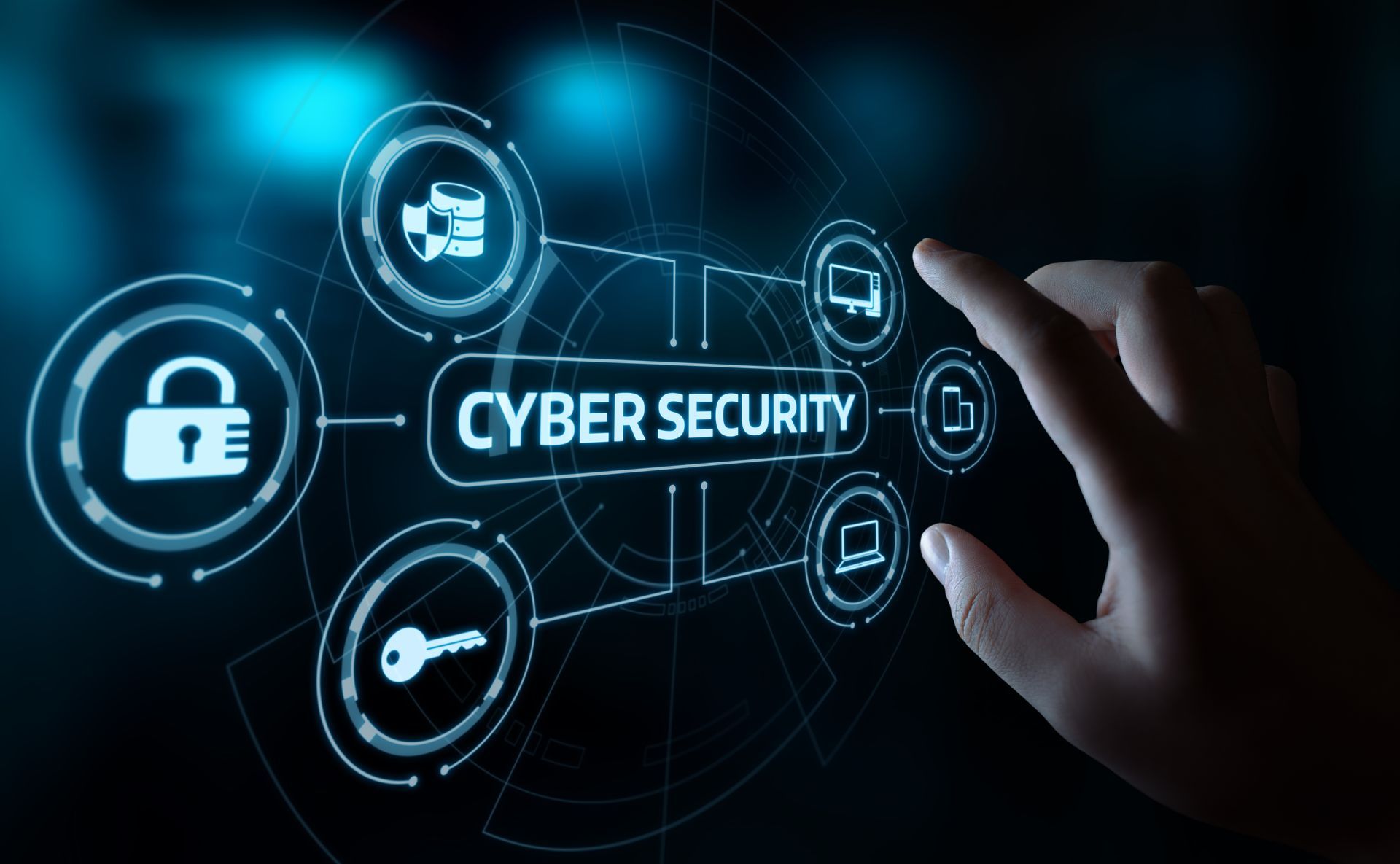Everything You Must Know About Cybersecurity
Cybersecurity guards against cybercriminals, hackers, and spammers who target internet-connected devices and services. Businesses use it to avoid phishing, ransomware, identity theft, data breaches, and monetary losses.
Today, cybercrime is on the rise, exposing holes in our devices and services. This raises questions about cybersecurity, why it is important, and how to learn more.
Read on to learn everything you must know about cybersecurity today.
Understanding Cybersecurity
Cybersecurity is defined as the defense of systems, networks, and programs against digital threats. These hacks aim to gain access to, edit, or erase sensitive data, extort money from users, or disrupt business operations.
Devices and services are protected from cybercriminals, hackers, and spammers by using cybersecurity. While certain cybersecurity components are designed to attack first, most professionals concentrate on protecting computers, mobile devices, networks, and databases from attacks.
In the media, cybersecurity is a catch-all term for defense against all sorts of cybercrime, including identity theft and digital weapons. These categories are correct, but they do not include cybersecurity for persons without a computer science degree or experience in the digital business.
This year, we have seen several serious cybersecurity challenges, including supply chain disruption, smart device risks, and a cybersecurity skills shortage. This may be due to the pandemic, the rise of cryptocurrency, and remote work which all play a factor in fostering an environment for cyber criminals.
According to Cybercrime Magazine, cybercrime will cost $10.5 trillion annually by 2025. The annual cost of cybercrime is expected to rise by 15% over the next four years.
The Process of Cybersecurity
cybersecurity protects computer systems, data, and networks from threats. To better understand "what is cybersecurity" and how it works, divide it into the following domains:
- Cybersecurity for Applications
Application security protects a company's software and services from various assaults. To prevent unwanted access to or change of application resources, cybersecurity experts must write safe code, design secure application architectures, implement rigorous data input validation, and more.
- Cybersecurity for the Cloud
Cloud security is the creation of secure cloud infrastructures and apps for enterprises using AWS, Google, Azure, Rackspace, and other cloud providers.
- Cybersecurity for Identity and Data
This subdomain includes the activities, procedures, and processes that provide authorized access to a company's information systems. Strong information storage processes safeguard data while it is in transit or kept on a server or device. This subdomain makes greater use of multi-factor or two-factor authentication.
- Cybersecurity for Mobile Devices
As more individuals use mobile devices, mobile security becomes more important. This subdomain safeguards organizational and personal data saved on mobile devices against dangers such as illegal access, device loss or theft, malware, viruses, and other malicious software. Mobile security is improved by education and authentication.
- Cybersecurity for Networks
Hardware and software secure the network from disruptions, unwanted access, and other abuses. Effective network security protects assets from both internal and external attacks.
The Importance of Staff Involvement
Personnel familiarity with cyber dangers is required for cybersecurity. Employees that are trained in the foundations of computer security have a better understanding of industry best practices, organizational policies and laws, monitoring, and reporting suspicious or malicious activity. Cybersecurity courses, certificates, and programs are available in this subdomain.
Protect Your Systems and Data
Cybersecurity is concerned with preventing unauthorized access to devices and systems. Their efforts have a greater influence than their bits and bytes. Many websites would be rendered inaccessible if cybersecurity personnel were not present. With implemented cybersecurity, we can preserve our business and our way of life.
Are you interested in cyber network security? Entre Technologies offers top-grade cybersecurity and IT management services for companies like yours. Give us a call today to learn more about our team!













